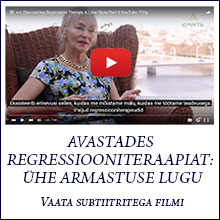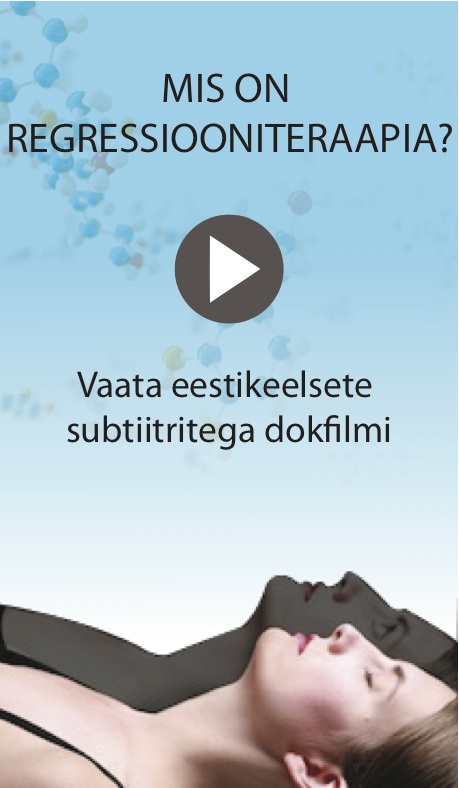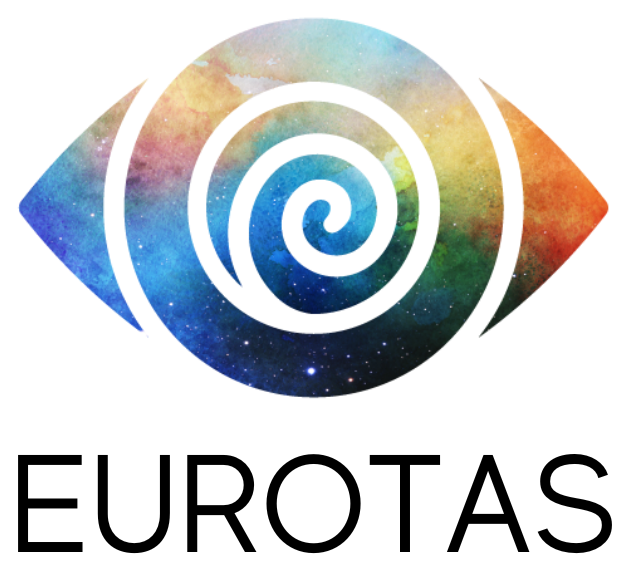Worldview
Our holistic training and regression therapy training is based on three pillars:
- A holistic view of the world and the human being, according to which the body, mind, soul and spirit form a single integral whole.
- Positive psychology – a breakthrough in 21st-century psychology.
- Salutology – the science of health, which explores how to be healthy and stay healthy.
- A holistic view of the world and the human being, according to which the body, mind, soul and spirit form an integral whole. Every complementary and traditional medicine therapist takes this to be the basis of their work. Holistic regression therapy also addresses all the aspects listed above – that is, the therapeutic process involves the person as a whole, on a physical, psychological and spiritual level.
Important parts of the holistic approach:
- A world view based on quantum physics, according to which everything in the universe is based on and united by a unified field, the field of living consciousness (the views of David Bohm, Wolfgang Paul, Max Planck, A. Goswami and others).
- The concept of consciousness takes centre stage. Consciousness is viewed in a broader sense than in traditional psychology. Consciousness is a field, more precisely an information field, that contains information and constantly creates new information. Information is the creative energy of the universe. This view is based on the theory of morphic fields developed by Rupert Sheldrake and the holonomic brain theory by Karl Pribram.
- A systemic approach to the human being, understanding how open systems function and develop. The human being is an integral part of the environment, influencing it all the time while in turn being influenced by it.
- Studies in the area of transpersonal psychology, particularly those relating to brain activity and altered states of consciousness. Thanks to these studies, states of consciousness can be controlled much better today, as it is known that the key is to develop the ability to concentrate attention and the ability to focus attention through willpower. The use of altered states of consciousness in therapy has made the therapy process much more effective. In a meditative state, our brain functions differently compared to normal waking consciousness, the unconscious is more accessible, the psyche is more susceptible to change, and blockages, both emotional and intellectual, are easier to remove. A holistic regression therapy session is not just a conversation between the therapist and the client – the client spends much of the therapy time in a meditative or altered state of consciousness, and it is that part of the work that has a strong healing effect.
- Holistic teaching of human energy (energy field, different energy bodies, energy meridians and energy centres) and the body-mind connections, according to which it is possible to heal the body with the power of the mind. One of the principles of holistic medicine is that in giving medical assistance, the different “parts” of human experience have to be seen as a whole. According to the holistic approach, people have the ability to heal themselves – to return to a normal state of balance. Balance is the harmony of body, mind and soul and harmony between the human being and the environment.
- Concepts of meta-health: a modern, new and integrative approach to health. Meta-health is a diagnostic and therapeutic model for integrative medicine that is based on relationships between bio-psycho-social factors. This model aids in understanding and improving one’s medical situation by indicating the original reasons for developing illnesses. In this way we are given the opportunity to achieve well-being and health. The principles of meta-health state that all problems, including bodily illness, develop due to a shock caused by emotional conflict. Our bodily organs, mind and brain make up an integral whole, and every strong emotional reaction is simultaneously (holistically) reflected throughout our organism, on the levels of the psyche, brain, organs/body and behaviour. Traumatic events in life are the starting points for psychological and physical changes. Meta-health provides us with a precise, empirically grounded understanding of any state of illness, from back pain to cancer, diabetes, heart conditions, eczema or a simple cold. See also: www.metatervis.ee and www.meta-health.info.
- HeartMath. For more than 25 years, the HeartMath Institute Research Center has studied physiological mechanisms through which the heart communicates with the brain. These mechanisms affect information processing, perception, emotions and health. The heart is the connecting interface between consciousness and physiological reactions, guiding emotions. Focusing on the heart and having positive emotions creates coherent states in our body and mind, which themselves are necessary for optimal health and high performance when studying, working or doing sports. Holistic regression therapists use this knowledge in guiding the therapeutic process and implement techniques developed by the institute in their work with clients.
- Positive psychology is a breakthrough in 21st-century psychology. It is an approach that helps people, families and communities to thrive, be successful and flourish, and also offers a basis for scientific understanding and effective interventions. The focus has shifted from diagnosing mental disorders in people and alleviating suffering to studying all that makes life satisfying. While human life and the psyche used to be studied on the “abnormal–normal” scale, the last two decades have introduced a new dimension on this scale – optimal life.
Scientific research is now dedicated to topics such as happiness and pleasure, strength, virtues and talents. This research is used to develop practices for helping people to live happily; it also focuses on how social systems and institutions could support people‘s well-being.
- Salutology is the science of health; it explores how to be healthy and stay healthy. Medicine no longer focuses only on the illness-centred pathogenetic model but has also adopted the health-centred salutogenetic model. This concept has established itself in modern public health. In addition to asking how to diagnose and treat illness, it is now considered more and more important to ask how to maintain health.
Health care is increasingly focused on prevention activities, emphasising personal responsibility for health and well-being. The individual is no longer an object of treatment but has become a self-healer whose health improves and quality of life increases as a result of their own changing thought patterns, attitudes and activities. There is now a need for specialists able to help people in making those changes before illnesses emerge. This is done by making changes not only in lifestyle but also at the level of personality. This is precisely the kind of assistance offered by holistic regression therapists.











